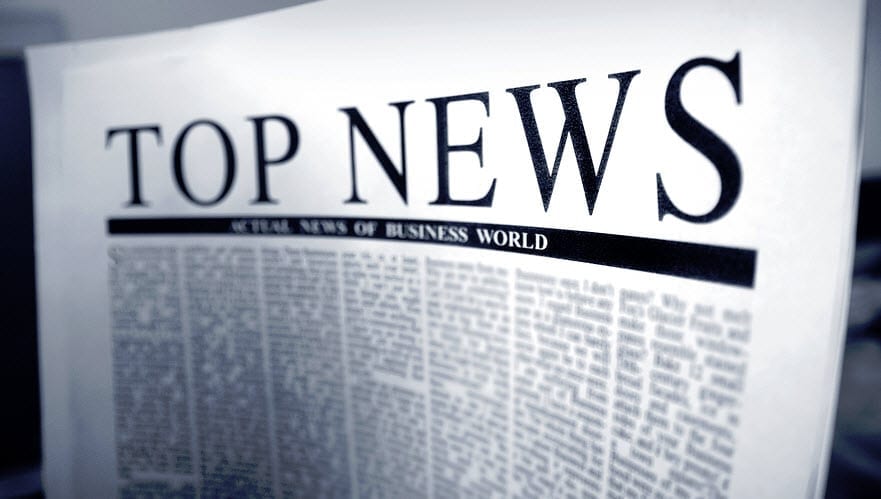Many are hopeful about changes from President-elect Hassan Rowhani, but others caution against wishful thinking.
Iran has made insurance news headlines for over a year, since the world started preparing for the oil sanctions that were implemented in July 2012 prohibiting the coverage of Iranian crude.
These headlines continued to be made as some countries found alternatives and while others found new oil sources.
The insurance news that was from some of the country’s largest importers, such as India, China and Japan. Though some governments were able to create their own oil insurance coverage, many seem to be slowly petering out. Japan, for instance, has seen reductions of imports of over 90 percent, year over year, due to coverage limitations. However, it is India that is currently topping the list, as it is Iran’s second biggest importer, and the possibility of continuing at a rate even nearly full is looking increasingly shaky.
 The election from last week in Iran now has people wondering if this insurance news will change.
The election from last week in Iran now has people wondering if this insurance news will change.
The sanctions that have been imposed from the West – primarily from the European Union and the United States – have made insurance news because they have stopped insurers and reinsurers in those regions from being allowed to provide coverage for oil tankers originating in Iran. This move was designed to pressure Iran to dismantle its nuclear project, which it continues to claim is non-military. The Western regions believe otherwise.
There are many hopefuls that Hassan Rowhani will be a reformer in Iran and will help to change the country in a way that may reverse the current insurance news trends so that coverage may one day be reinstated. At the moment, this will be particularly important in areas such as India, where the Petroleum and Natural Gas Ministry is hoping to add half of the necessary amount to a pool to help to fund the coverage of domestic refiners that process the crude, but where it is doubtful that enough total funds will be available for that or for reinsurance, according to an official from the Petroleum Ministry. They are now hoping that either changes will occur allowing the West to provide coverage again, that there will be some sovereign guarantee, or that Iran itself will put some money forward to help.
